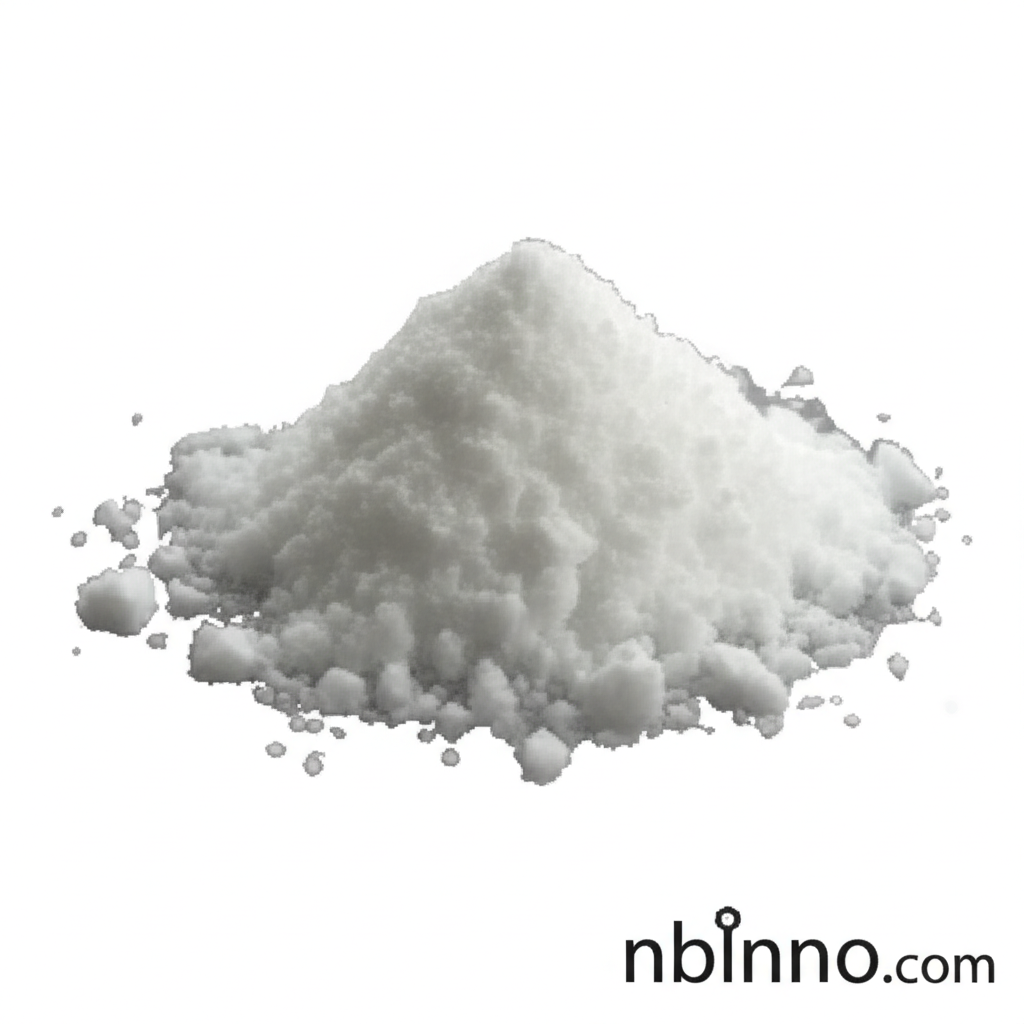N-(2-Bromoethyl)phthalimide: A Versatile Alkylating Agent for Pharmaceutical and Organic Synthesis
Unlock advanced chemical synthesis with our high-purity N-(2-Bromoethyl)phthalimide, a crucial building block.
Get a Quote & SampleProduct Core Value

N-(2-Bromoethyl)phthalimide
N-(2-Bromoethyl)phthalimide is a highly versatile alkylating agent, playing a pivotal role in modern organic synthesis. Its bifunctional nature makes it an indispensable intermediate for the Gabriel synthesis of primary amines, contributing significantly to the development of new pharmaceutical intermediates and the creation of complex heterocyclic compounds.
- Discover the power of the Gabriel synthesis of primary amines for novel drug development.
- Leverage N-(2-Bromoethyl)phthalimide as a key intermediate for anticancer drug synthesis, enabling the creation of life-saving therapies.
- Explore efficient heterocyclic compound synthesis pathways with this essential organic chemistry building block.
- Utilize the phthalimide protected amine precursor functionality to achieve selective reactions and higher yields in your research.
Advantages Offered
Enhanced Reactivity
The reactive bromoethyl group ensures efficient nucleophilic substitutions, a cornerstone for many organic synthesis processes, supporting precise chemical reactions.
Synthetic Versatility
This compound is critical for constructing aziridines and other functionalized derivatives, expanding the scope of accessible molecular structures in fine chemical manufacturing.
Application in Material Science
Beyond pharmaceuticals, its utility extends to polymer modification, offering novel avenues in material science and specialty chemicals.
Key Applications
Pharmaceutical Intermediates
Crucial for the synthesis of active pharmaceutical ingredients (APIs) and complex drug molecules, supporting advancements in healthcare and drug discovery chemistry.
Organic Synthesis
A fundamental building block in general organic synthesis, enabling researchers to create a wide array of complex organic molecules through established reaction pathways.
Chemical Research
An essential reagent for academic and industrial research laboratories exploring new synthetic methodologies and chemical transformations in organic chemistry.
Material Science
Used in polymer modification and the development of new materials, leveraging its unique chemical properties for innovative applications.
